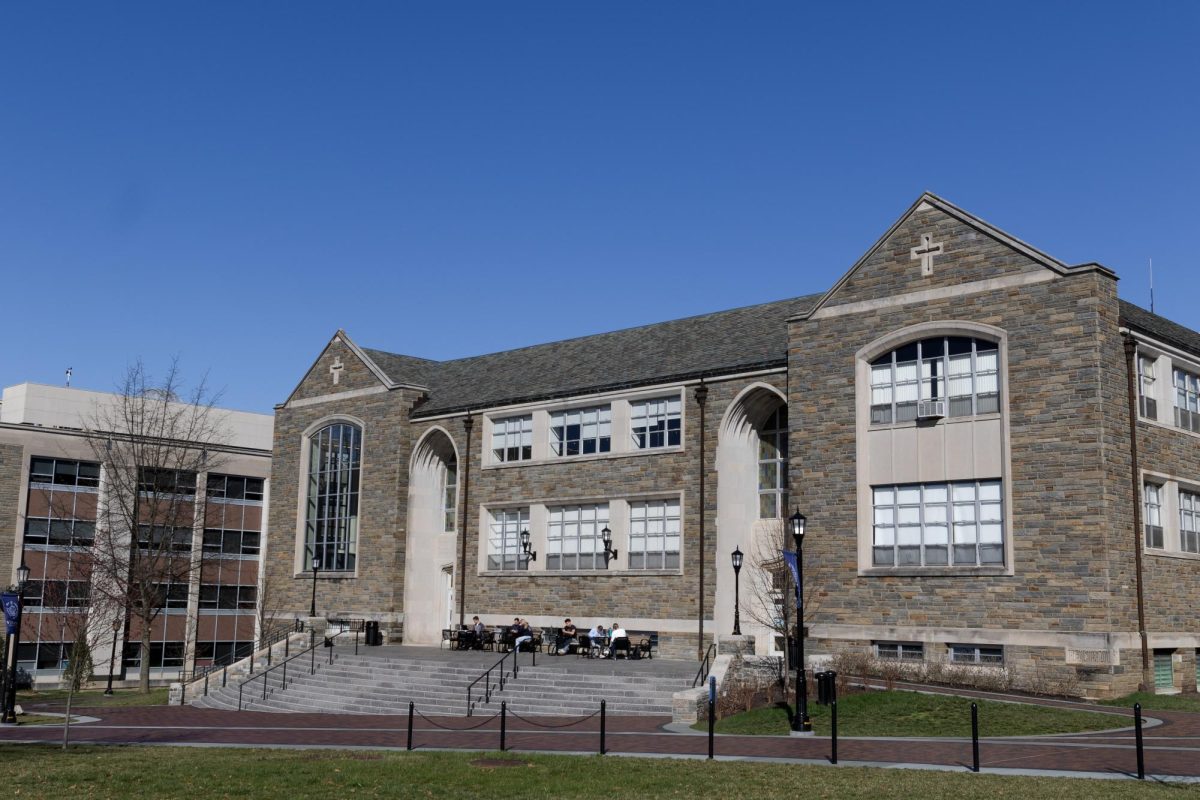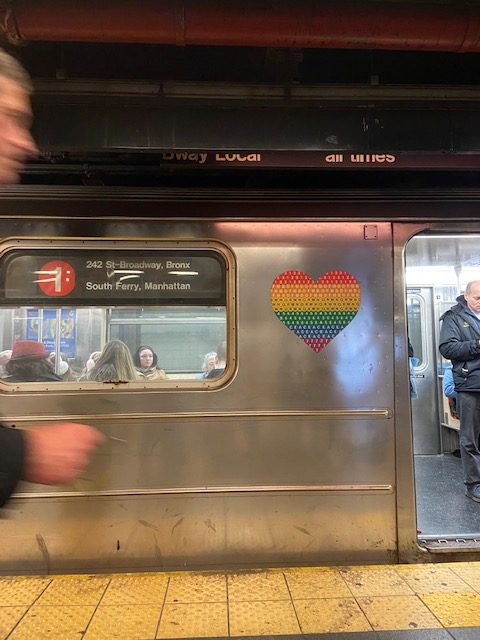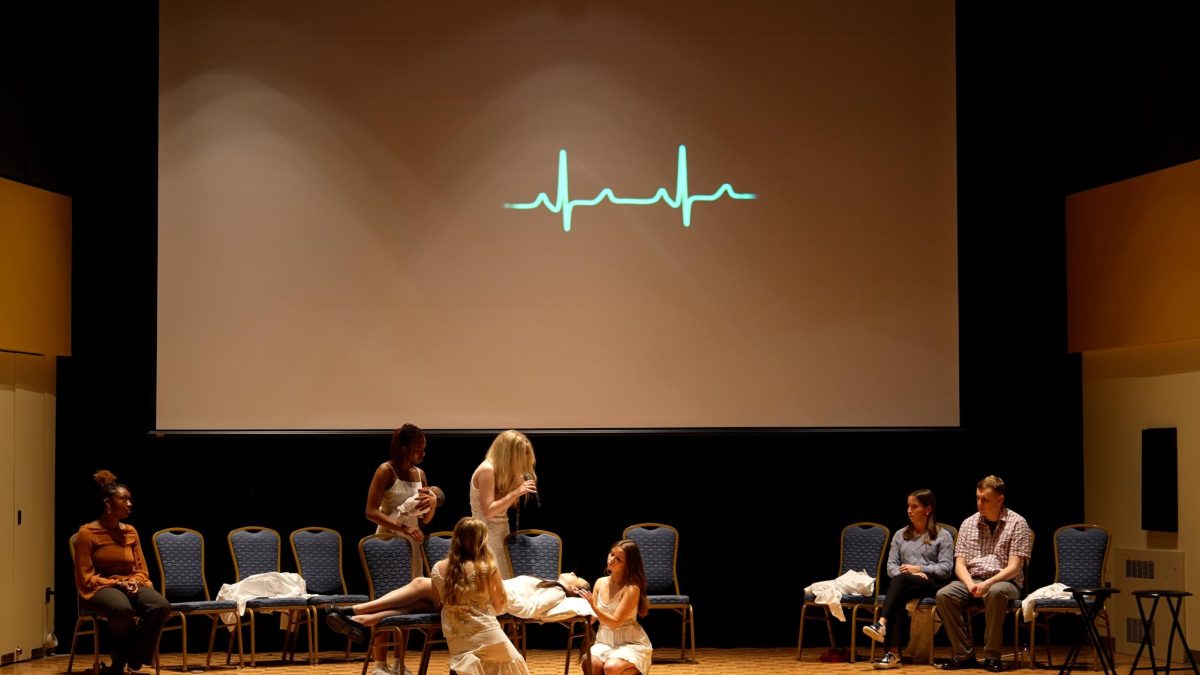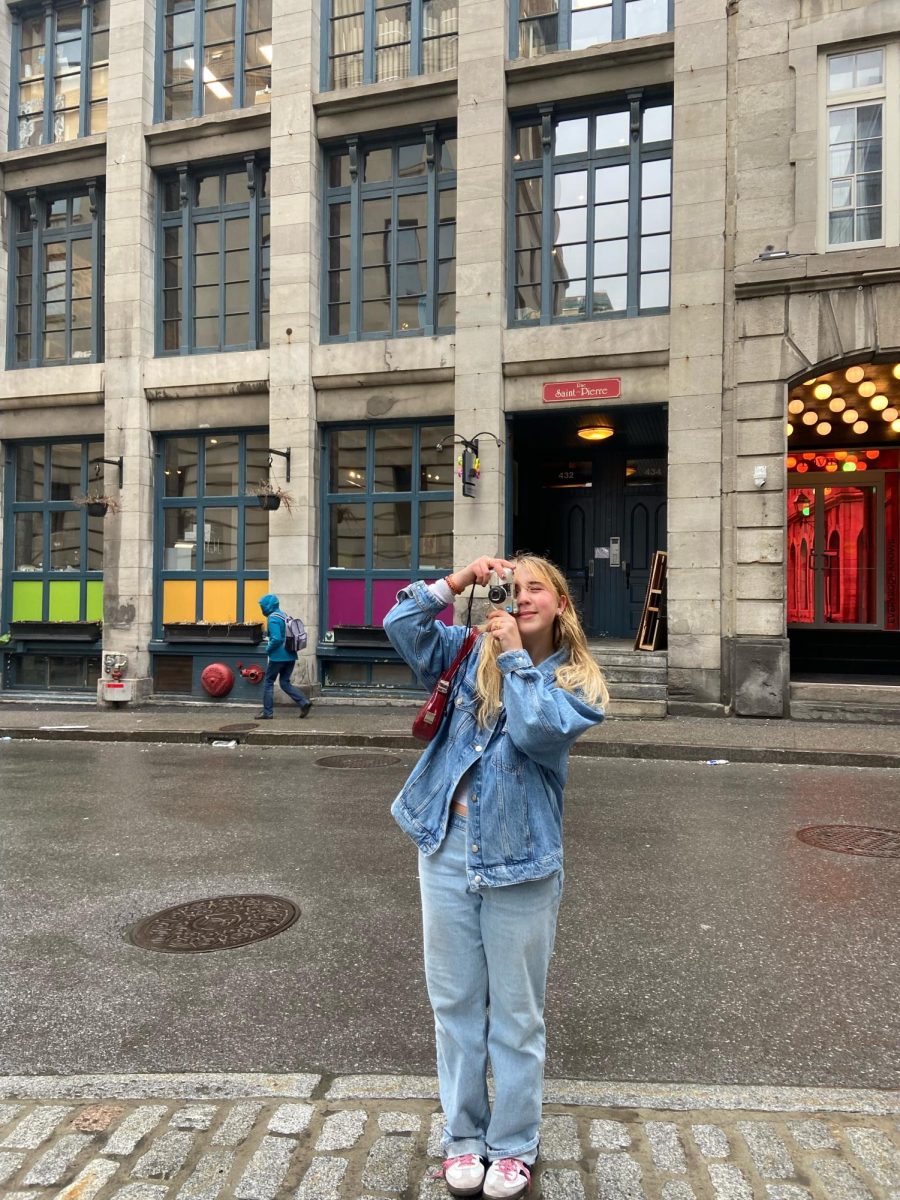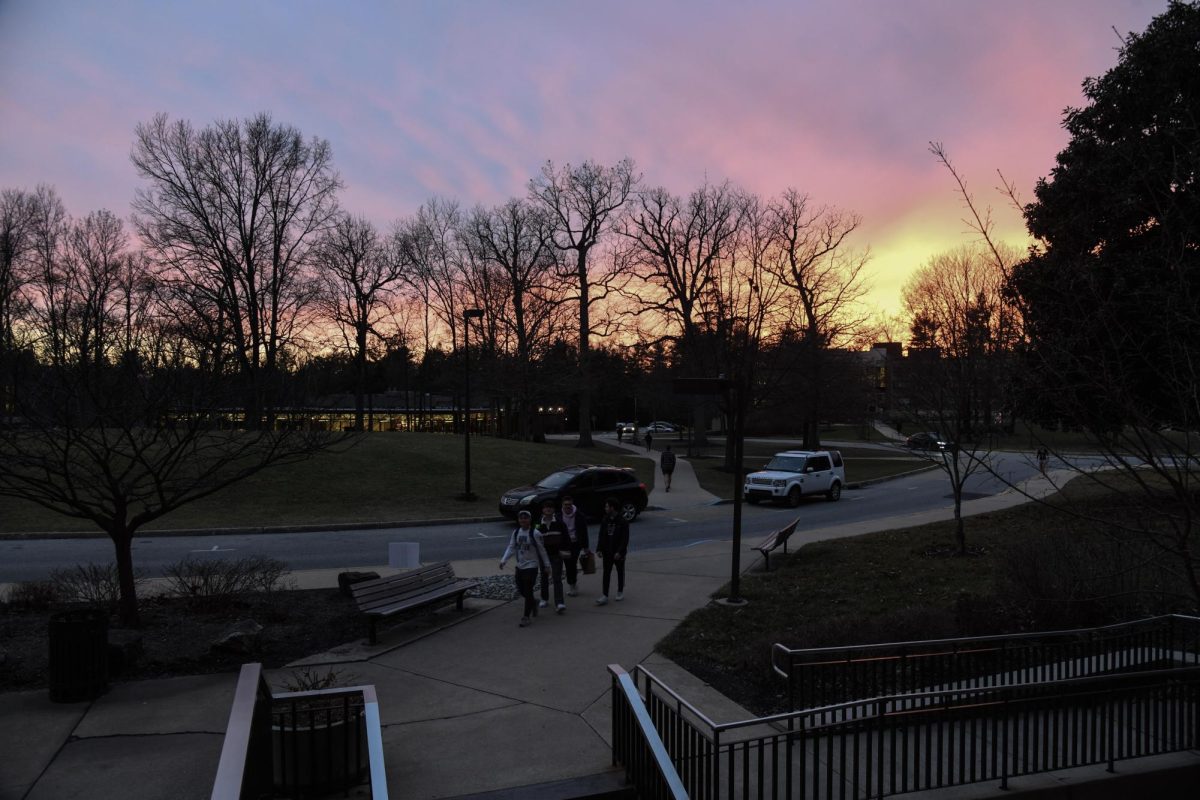“Headquarters Ambulance 85 responding to Stanford Hall,” Villanova EMS Captain Sarah Cotteta says into the ambulance radio. She flicks on the flashing lights and siren and tears out of the driveway of VEMS Headquarters.
It’s just like any weekend night on South Campus. Groups of first-year students bouncing from dorm to dorm, people getting in and out of Ubers and the occasional blare of an ambulance siren.
Cotteta parks near Stanford and the team rolls out.
“Oooooh, better not get ‘VEMmed,’” a male student said, followed by mocking sounds of laughter and whispers of “Who’s it this time?”
I recently had the unique opportunity to take an observation shift with Villanova EMS, or “VEMS.” I wore the t-shirt, the navy cargo pants, the black boots and stayed overnight at Headquarters. Just when I thought I knew the ins and outs of the organization well enough, I was harshly proven otherwise, and I am proud to share my findings.
According to the Villanova University website, “The Villanova Emergency Medical Service (VEMS) is a 100% student-run, University-supported volunteer ambulance service dedicated to providing Basic Life Support care to the Villanova campus community.” The Villanova EMS Mission is to provide “timely, professional and compassionate pre-hospital emergency care to all persons in need” and to “educate the general public and increase their awareness of the services and educational opportunities available.”
It was clear how the team carried out this mission, prioritizing patient values and providing individualized, appropriate care. They’re professional, swift, diligent and motivated by their duty to serve the campus community. However, I got to see a side of VEMS that the rest of Villanova will never get to see.
There is a stigma behind VEMS. When people see the Villanova ambulance heading for South Campus, students chuckle and say, “Probably another freshman who doesn’t know their limits yet.” ‘VEMmed’ has become its own verb, and a derogatory one, too. How many times do people jokingly warn, “Better not get ‘VEMmed.’” I’ve heard it, I’ve said iT, and I’m sure you have, too. Even when we got out of the ambulance in uniform and walked through dorm lounges full of people, we got stares and whispers. I felt on display, intensely watched by nosy bystanders, but the team didn’t let it phase them. They remained professional and committed to their mission.
Students associate VEMS with getting caught drinking too much, but their services extend far beyond intoxication calls.
“We respond to a lot more calls than that,” Cotteta said. “Last year, alcohol-related calls were only around 30% of our calls. The other 70% of calls are all things from injuries at sports practice to allergic reactions to seizures.”
Since VEMS is a branch of Public Safety, there’s a misconception that if a person calls it for alcohol-related incidents, they will get in trouble. Students often hesitate to call for that reason, and when they do call, they plead to the team, “We’re not gonna get in trouble, are we?”
No, you will not.
Villanova’s “Expectation of Responsibility for Alcohol and Drug Related Emergencies” states that an individual who contacts the appropriate authorities when someone requires emergency medical attention, stays with the individual requiring attentions and cooperates with University officials and emergency responders “will be exempt from formal disciplinary sanctions for alcohol or drug policy violations related to the incident.” The student who requires the attention may be referred for follow-up for policy violations, but “the student will typically be exempt from a disciplinary process.”
“People think we’re involved in the ‘getting in trouble aspect,’ but in reality, we’re not here for that at all,” Cotteta said. “We’re here to evaluate you medically and determine whether you need to go to the hospital.”
What I saw on these calls was a crew of college kids, just like their patients, passionate about patient care. They treated every patient diligently, honoring their needs and transporting to Bryn Mawr Hospital if necessary. We’re lucky to have an EMS service on campus, as not all universities do. One can call VEMS for anything – an ankle injury, a fall or a cut, and they’ll provide you with emergency medical attention and free transportation to Bryn Mawr. If there’s even a question of whether you should call or not, you’re better off calling.
“My experience with VEMS was overall very pleasant because of how simple and straightforward the process was,” an anonymous sophomore said. “I understand why I had VEMS called on me and accept that I wasn’t able to make that call for myself.”
As Captain, Cotteta aims to get rid of some of the stigma that comes along with VEMS, both being in it and calling.
“I definitely see a stigma with VEMS, and I think it’s probably because we are related to some of the alcohol offenses that happen,” she said. “During my four years here, I’ve been trying to stress the medical nature of VEMS. We aren’t there to enforce any policies. We’re there to provide any care you need. When people have to get transported for, say, an ankle injury, people are like ‘oh my god it’s so embarrassing.’ And I feel like you wouldn’t say that if you were in a normal ambulance.”
Not all universities have people who volunteer so much of their lives for our safety, so we shouldn’t take it for granted. They dedicate a lot of their time to VEMS, all on a volunteer basis. A typical shift lasts from 6 p.m. to 8 a.m. the following day, and on a weekend night with three or four back-to-back calls. One is lucky to get two hours of sleep. When the jarring call tones blare through Headquarters at 4:30 a.m., you can’t be tired. You get up, you dress up and you go.
“I feel exhausted the day after shift,” Cotteta said. “It’s hard to get any work done. But I never have a problem getting up for calls. That’s just the way it is. It’s your duty to help people. And if it means I have to take a nap the next day, so be it.”
But sometimes, a nap does not fit into the schedule of the next day. Right when Cotteta’s shift ended one night, she went to staff the Villanova field hockey game in the 80-degree heat on two hours of sleep, which is typical of an experienced member. These are students, just like any of us, who have difficult course schedules, activities, want to spend time with their friends and are sacrificing a lot of that, putting the campus community first. I admire them for that, and everyone else should, too.
So, the next time you hear sirens down Lancaster Ave., think twice before commenting. Regardless of the call, someone needed help and that’s what VEMS is here to do.
You know what they say, “not all heroes wear capes.” And it’s true, as some wear an EMS t-shirt and navy cargo pants.
If you or someone you’re with is ever in need of emergency medical attention, do not hesitate to call Public Safety’s emergency phone at 610-519-4444.

